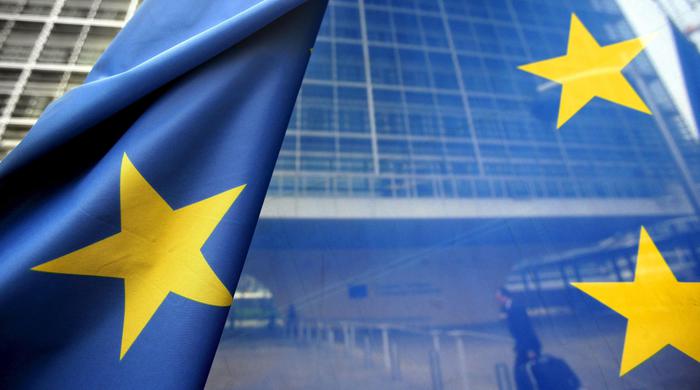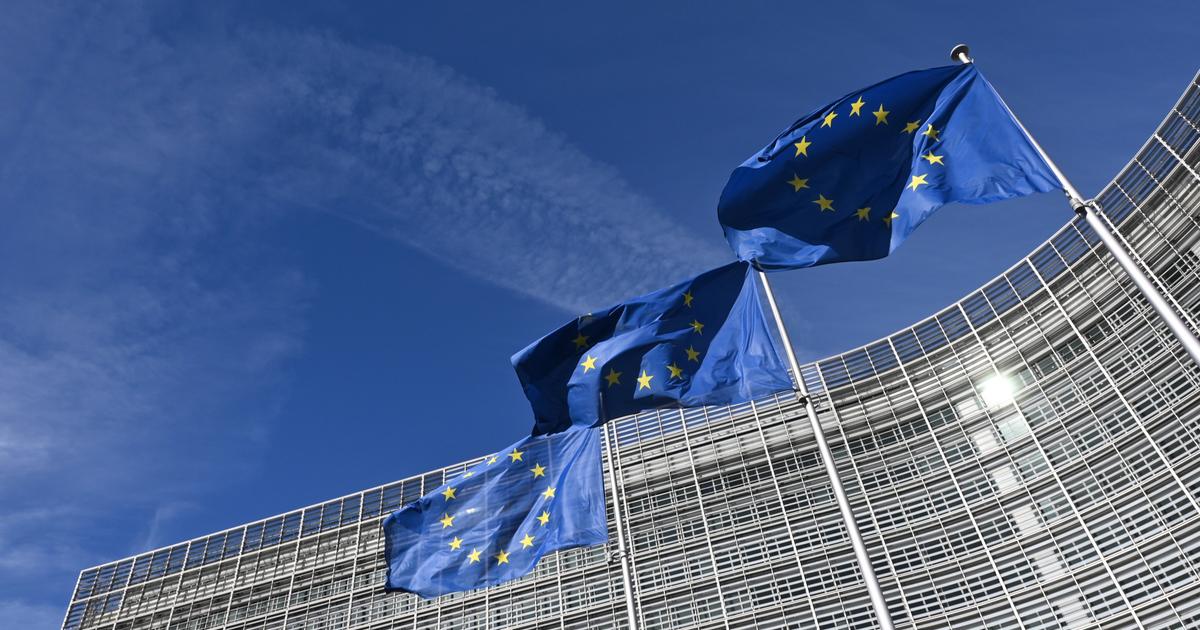EU agreement on digital law foreseeable
Created: 03/24/2022, 05:00
The EU could take a big step forward in digital legislation on Thursday and new rules for tech giants.
© Stefan Jaitner/dpa
The tech giants are considered too powerful by many in Europe.
The EU therefore wants to show Google, Facebook and others limits.
There could now be a deal in the crucial negotiations.
BRUSSELS - The EU could take a big step forward in digital legislation and adopt new rules for tech giants.
It is considered likely that negotiators from the EU states and the European Parliament will agree on a law on digital markets (Digital Markets Act, DMA) on Thursday.
The DMA aims to curb the market power of tech giants like Facebook and Google.
"The whole thing will probably be completed there," said parliamentary negotiator Andreas Schwab (CDU) before the round of negotiations (starting at 3 p.m.).
The DMA is intended to mean strict requirements for companies, fairer competition for their competitors and more freedom of choice for consumers when it comes to online offers.
René Repasi (SPD) sees a paradigm shift in the regulation of digital markets.
"We succeeded," he told the German Press Agency.
Europe is a pioneer here.
The DMA is part of a large digital package presented by the EU Commission in December 2020.
The second part is the Digital Services Act (DSA), which Parliament and EU countries are still negotiating.
The DSA deals with social aspects such as hate speech or counterfeit products.
The Internet is deplored as a legal vacuum
Most recently, at the beginning of the millennium, the EU gave itself comprehensive rules for the Internet.
Complaints are heard again and again today that the Internet is a legal vacuum and that it is difficult to enforce existing rules.
So far, competition law from the analog world has not been able to prevent the rapid concentration of users and market power in a few digital groups.
more on the subject
Corsica: Again riots at nationalist demo
The trends of the trade fair CES
Aiwanger against 2G at folk festivals
The DMA is now targeting certain companies that are an important "gateway" to the end consumer for commercial users.
In the future, these so-called gatekeepers will have to observe certain rules and regulations.
A possible definition is that the companies in question must have annual sales of at least 7.5 billion euros or a market capitalization of at least 75 billion euros.
In addition, they would have to operate a so-called central platform service with at least 45 million active users and 10,000 active commercial users per month.
These platform services are likely to include search engines such as Google and social media such as Facebook.
First and foremost, the US companies Google, Amazon, Facebook and Apple would be affected.
Severe fines planned for violations
Their central platform services are to be forbidden from treating their own products and offers preferentially over those of the competition.
Users should be able to delete preinstalled apps more frequently.
Consumers should also be able to use a service without having to agree to data bundling across all offers from a gatekeeper.
Violations can result in severe fines and even structural measures such as the breaking up of a company.
Unanswered questions concern, for example, the possible obligation for messenger services such as WhatsApp to open up to being able to receive messages from users of other providers in group chats.
The EU Parliament and EU states still have to agree on the question of personalized advertising for minors.
If a deal is reached, both sides would have to formally confirm the agreement.
The law should come into force at the beginning of October at the earliest, probably at the beginning of 2023. A transitional period of several months would then apply to the companies.
dpa



/cloudfront-eu-central-1.images.arcpublishing.com/prisa/HIITBIJJ2HQW3PIAKJFZ2ZF5MQ.jpg)

/cloudfront-eu-central-1.images.arcpublishing.com/prisa/ILLMSM3CL5EZTGR5TPAFNGGS6Y.jpg)



